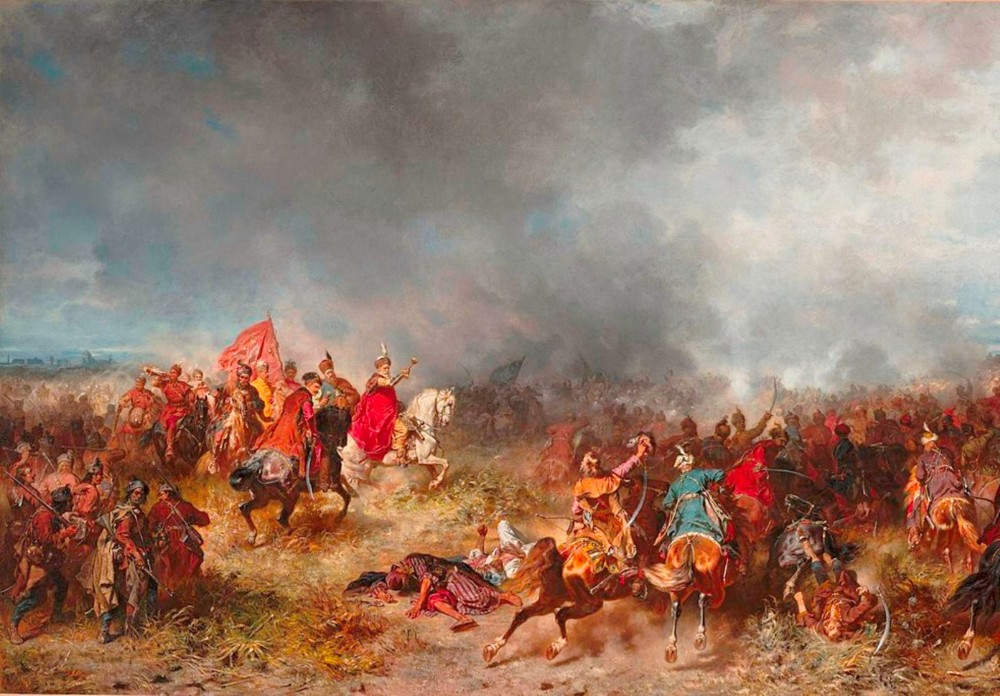
In 1634 the Ottoman Emperor, Murad IV (r. 1623—1640), decided to lead a campaign against the Polish-Lithuanian Commonwealth. He wanted to request military support from the Prince of Tran-sylvania, György Rákóczi I (r. 1630—1648), but the prince tried to avoid it, because at that time he had been struggling with his political enemies, who endangered his rule in Transylvania. In the same year, the Habsburgs sent an ambassador (Johann Rudolf von Puchheim) to Constantinople, who tried to dissuade the Sublime Porte from leading a military campaign against the Polish—Lithu-anian Commonwealth. The idea of that mediation came from the former Vizier of Buda and at that time, the commander of the Ottoman army, Pasha Murteza, because he did not want this war either. Prince Rákóczi, Puchheim, Trzebiński (Aleksander, the Polish envoy) and Murteza all wanted to stall for time in relation to that campaign. In this article, the author investigates the aims and the problem-solving strategies of the Habsburg, the Transylvanian, the Polish and also the Ottoman elite in that situation. The war against the Polish-Lithuanian Commonwealth did not take place in the end, because Murad IV began a campaign against the Safavid Empire.
Source: Szabados J. (2021). The Habsburg and Transylvanian aims related to the campaign of the Ottomans against the Polish-Lithuanian Commonwealth (1634). History Notebooks. 148(4): 731–743
Number of views: 1560